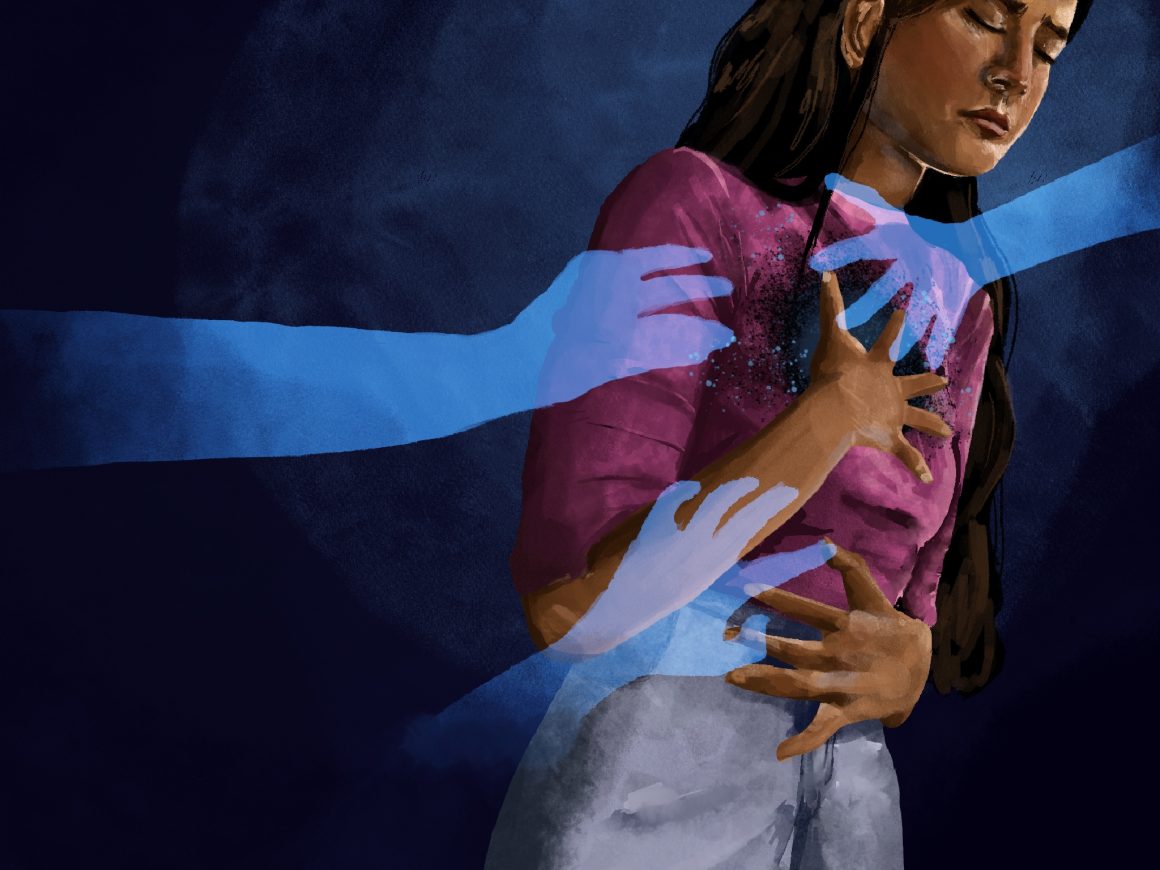
Grievances of a daughter of immigrants: To our future children
By Ashita Karim, April 2 2025—
The desire of perfection is all too familiar to the child of immigrants. The immigrant household is one where love is shown through regimental rules, physical discipline, and towering expectations — all the results of a culture that treats success, image, and knowledge as a holy grail to life.
In many ways I am grateful. Afterall, my culture teaches many things. It teaches an incomparable respect to elders, the importance of community, and the value of books and knowledge.
It also teaches that women are valuable only for their ability to cook and clean, that men are worth no more than their ability to provide, and that a person’s beauty is rooted in the fairness of their skin.
This upbringing brought me many joys. It has also brought many pains.
The internal battle between Western and minority values is imminent. The two cultures pull apart the delicate moral compass all humans have, each forcing its hand to point North.
On the external level, I think many of us know the importance of relinquishing sexist, colourist, and other discriminatory practices, and yet, their existence persists. The unfortunate reality is that there is an expected backlash from the cultural community. It threatens the sense of belonging and identity many of us have with the immigrant diaspora. Criticisms of being ‘white-washed’ or becoming ‘too Canadian’ are almost always the first line of fire from those still trapped in the discriminatory socio-cultural practices — words no person of colour wishes to hear.
On the internal level, there is the fear that by letting go of some, albeit immoral, things, it opens the door to let go of all things. With culture being very dear, losing it is an unaffordable casualty.
Yet, this conflict goes beyond the internal war. It goes beyond our generation.
Already, I cannot read or write Bengali. I am illiterate in my mother tongue. I am illiterate in the language of my soul and all those who’ve come before me. A system of writing I will never know, an art whose lineage ends with me. It is spoken and heard only in the confines of my home, a part of me dissipated every morning as I exit my door.
I wonder how my children will learn the parts of me I myself tuck away every morning? How will they know a language I cannot even write? How will they know themselves without knowing where we come from?
My daughter will not know what it means to be slapped, beaten, degraded for the dark colour of her skin. She will not know the grievances that I knew and yet, she will not know the beauty of the red sun rising above the hill tracts of the East, or of poets crying of my country’s rivers. My country — will she ever call it hers too?
I fear for the next generation of the immigrant diaspora. I fear for the generational curses I may carry as a mother, and even more, I fear failing to give my children the culture that has been given to me.
My children, our children, inevitably will live on the hinge of our erasure and reconciliation. The erasure of generational trauma in immigrant diasporas is a tumultuous journey that beckons great self introspection and strength — a task not easily met when much of that trauma is intertwined with cultural practices. Culture makes us who we are, and separating generational trauma from cultural practices is a daunting task that requires careful reconciliation and forgiveness. It is something we owe our future children — an identity they can wear without shame or fear, without the beatings, pressure, or abuse.
Our children deserve to know the intricacies of our extensive literature and the iridescence of our diverse landscapes. Their future depends on our ability to reconcile our grievances – our ability as a community to acknowledge and discover the parts of our upbringing we cannot pass forward and the parts that we can.
To our future children: let us give them a place to call home.
This article is a part of our Voices section and does not necessarily reflect the views of the Gauntlet editorial board.
